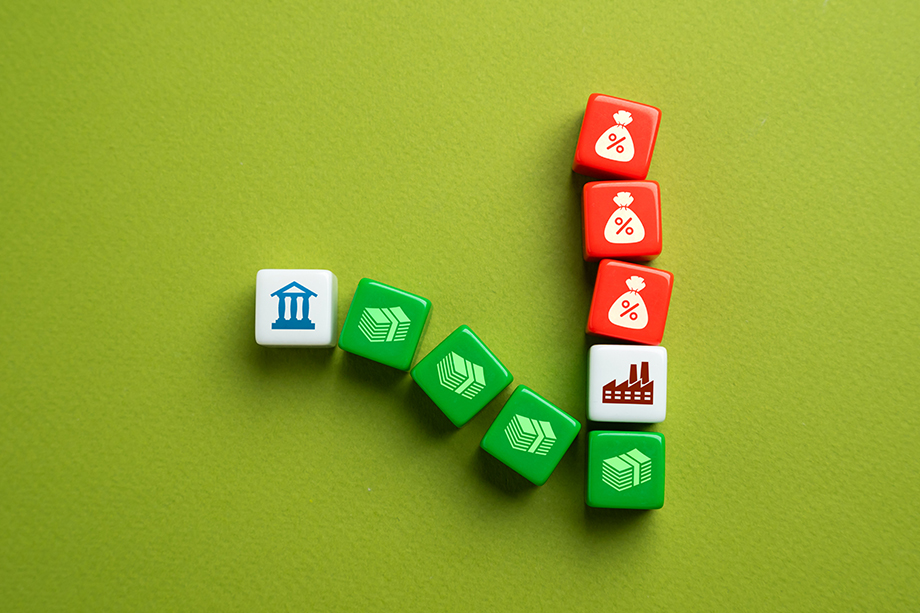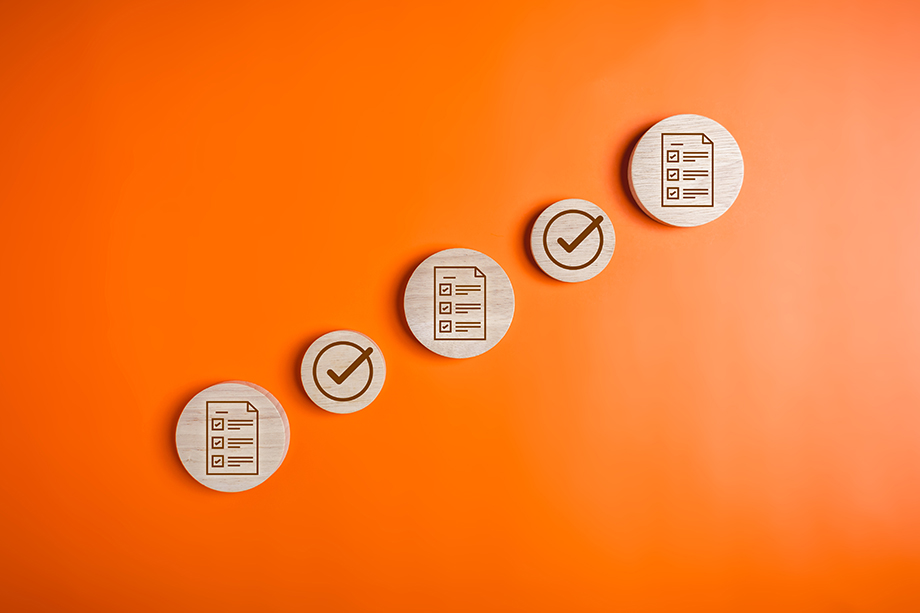Today, we’re diving deep into what exactly margin is in day trading, its risks, and whether you should trade with a margin account.
While banks typically won’t lend you money to trade stocks, that doesn’t mean you’re out of options for borrowing to invest in the stock market. With enough experience and knowledge, you might find friends and family willing to lend you money to enhance their financial standing and yours.
If you’re like many people who’d rather not handle Grandma’s retirement funds, there are other ways. Like in real estate, the stock market offers plenty of opportunities to use other people’s money (OPM). As an investor, you can utilize a margin account.
Buying stock on margin lets you leverage your funds much like a real estate investor uses a bank loan. Embracing Rich Dad’s philosophy means using debt wisely after you’re educated, not before. Leveraging money with “good debt” is a practice to respect, not fear—unlike the kind of debt that chains you to a job.
So, what exactly is a margin account?
It’s a way to borrow money from your broker to buy stocks, allowing you to purchase more than you could with your own funds. This can increase both your potential profits and losses significantly.
Remember, leveraging debt should never be taken lightly—it demands respect and careful study. To trade on margin, you’ll need a margin account with your broker, and you’ll have to provide collateral, usually in the form of stocks you already own. Brokers charge interest, so if you’re investing long-term, ensure your gains can cover the interest expenses.
Once your account is set up, you can borrow up to 50% of the purchase price of the stocks.
Why use margin?
For the same reason real estate investors use debt: leverage. It amplifies gains when the stocks rise, boosting your potential profits dramatically—or increasing your losses just as sharply if things go south. Leverage is a powerful way to build wealth but also the riskiest.
Debt is often compared to a loaded gun—it can do great harm if mishandled but can be an effective tool when used with proper knowledge and caution.
Investing in Tesla using a margin account in 2024
Now, let’s say you have a $5000 small cash account.
Normally, buying Tesla at today’s price of $262.83 (July 2024), you could only afford 19 shares. Sell those at a higher price, and your profit increases significantly. But with margin, you could leverage up to $20,000. Buy double the shares of Tesla, and if they rise by even a few points, your return jumps substantially, using only your original $5K.
This is the biggest pro of trading on a margin account: by using leverage properly, margin accounts let you amplify your potential returns—as well as your losses, which we’ll go over shortly. Another advantage is the trade settlement periods.
Unlike a cash account where you’d wait two days to reinvest, a margin account allows you to reuse capital immediately, which is crucial if you want to day trade full-time.
Several famous investors have mastered the art of using “Other People’s Money” (OPM) to amplify their investment returns. Here are a few notable examples:
- Ray Dalio: Ray Dalio is the founder of Bridgewater Associates, one of the world’s largest and most successful hedge funds. His net worth is estimated to be over $15 billion. Dalio’s “Pure Alpha” strategy uses OPM (Other People’s Money) by leveraging positions across a diversified set of asset classes to boost returns while managing risk.
- Carl Icahn: Carl Icahn is a well-known activist investor with a net worth estimated to be over $15 billion. He uses OPM to acquire significant stakes in companies, allowing him to push for changes that he believes will unlock shareholder value and drive up the stock price.
- Bill Ackman: Bill Ackman is the founder of Pershing Square Capital Management, a hedge fund known for its activist investment strategies. Ackman’s net worth is estimated to be around $3 billion. He uses OPM to take large leveraged positions in undervalued or mismanaged companies and then pushes for changes to unlock value.
These investors have used OPM in various ways to amplify their returns, demonstrating the potential power and risk of leveraging borrowed money in investing. Despite all these benefits, day trading with a margin account isn’t for the faint-hearted. It’s vital to understand what margin trading really is, its pros and cons, so you can decide for yourself. And most importantly, until you’ve taken risk management seriously, steer clear.
Margin accounts come with higher risks than cash accounts, and mismanagement could not only jeopardize your initial capital but also land you in debt to your broker.
So, Should You Trade Stocks With a Margin Account in 2024?
If used correctly, margin accounts are extremely beneficial for professional traders who use them to maximize profits both on the long and short sides. But when used incorrectly, you can lose your entire investment due to a margin call.
Bottom line : your account type, whether margin or cash, will not determine your success or failure in trading.
There’s a lot of misconceptions about margin. Some say it’s “bad” because it’s gambling or it’ll be the reason you “blow up” your account (meaning, you lose it all). But let us reassure you, margin, by itself, is not the reason traders fail or blow up; it’s the trader’s own lack of risk management, lack of discipline, or following unreliable tips that do the damage.
An uneducated trader, lacking wisdom and financial education, can easily blow up both margin and cash accounts (i.e. blowups aren’t limited to margin trading). Because without a solid understanding of market dynamics and risk management, an uneducated trader might make impulsive decisions, chase market trends, or follow unreliable tips.
This reckless behavior can lead to significant financial losses, whether using borrowed money in a margin account or their own funds in a cash account.
Think of it like this: using a margin account without understanding the risks involved is like playing with fire. You might get burned. Margin calls can come out of nowhere, demanding additional funds to cover losses. If you can’t meet this demand, the broker might liquidate your positions at a loss, wiping out your equity and leaving you in debt.
The same poor decisions in a cash account can slowly erode your capital, leading to substantial losses over time.
The key to successful trading, whether using margin or cash, is education, discipline, and sound risk management. Rich Dad always said, leverage is a powerful tool, but without proper knowledge and respect, it can become a dangerous weapon. Before diving into the complexities of stock trading, acquire the financial wisdom necessary to navigate the markets confidently.
Remember, it’s not about how much money you make, but how much money you keep.
And to keep your money, you need to be smart, informed, and strategic.
Take the Next Step with Rich Dad Advisor Andy Tanner
Ready to get started in the world of stock trading and leverage the power of Other People’s Money (OPM)?
Learn from the best with Rich Dad advisor Andy Tanner. Don’t let the complexities of stock trading hold you back. Equip yourself with the right knowledge and skills to navigate the market confidently.
Click here to start your journey with Andy Tanner and unlock the potential of smart investing






